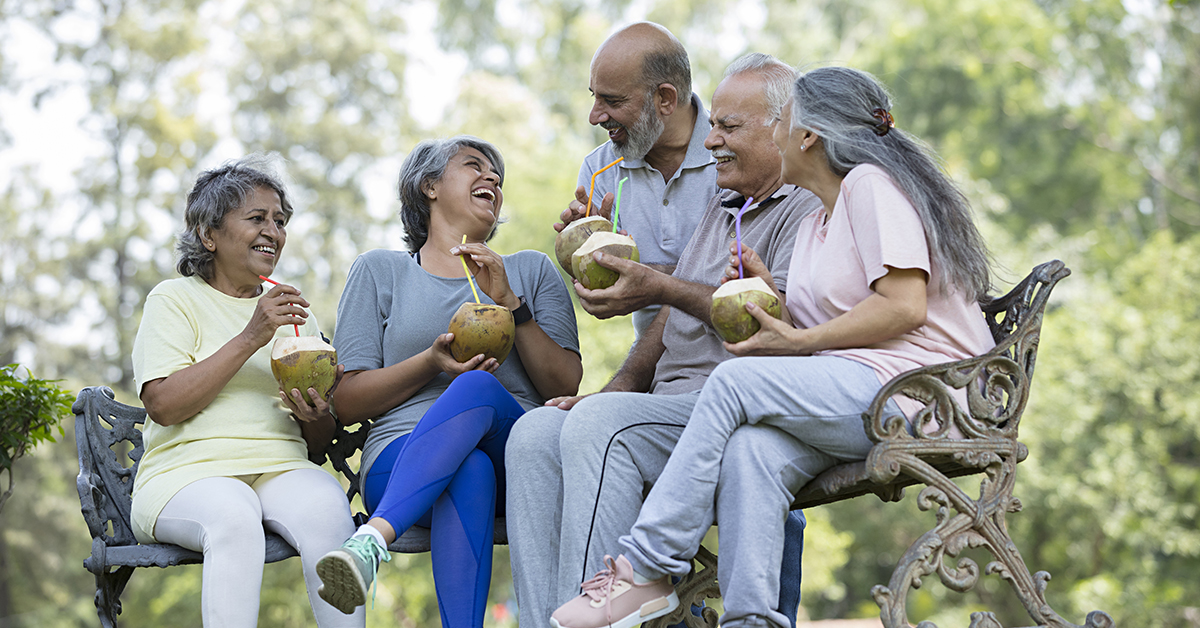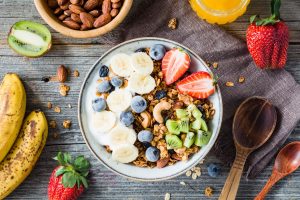As one of the leading senior citizen housing communities, we discuss some useful insights that will help prevent dehydration in seniors. If you are a senior citizen, you will find the following insights useful:
- Remember that there are many sources of fluids:
There are many delicious and healthy beverages such as lemon water, coconut water, cucumber juice and aloe vera juice that you can drink to stay hydrated. Canned fruit juices may not be the best hydrating drinks, but you can have fruit-infused water. - Stay away from caffeine, sugary drinks, and alcohol:
A hot cup of coffee or tea indeed boosts your mood. Drinking moderate amounts of tea and coffee shouldn’t dehydrate you. However, drinking copious amounts of coffee, tea, sugary drinks, and alcohol can speed up the dehydration process. - Wear breathable material:
When you sweat excessively, especially when you exercise, you may face the risk of dehydration. Wear materials such as cotton and linen that allow the body to sweat and breathe naturally. Avoid wearing polyester, rayon, denim, fleece, nylon and leather. - Take frequent breaks:
When working out during the summer months or outdoors, make sure that you take breaks. The heat can quickly decrease the energy levels of elderly individuals. Keep a water bottle around and take small sips of water. - Eat fibre-rich foods:
Many fruits and vegetables such as watermelon, tomatoes, spinach, oranges, apples, and cucumbers are rich in water and fibre. Include them in your diet.
Signs of dehydration
If dehydration is not addressed properly, it can get worse and become a serious problem. Here are some signs of dehydration:
- Cramping in limbs
- Headache
- Fatigue
- Irritability
- Low urine output
- Dry skin
- Constipation
We hope you find this write-up useful! For more such articles, watch this space.
Relavent tags : leading senior citizen housing communities




